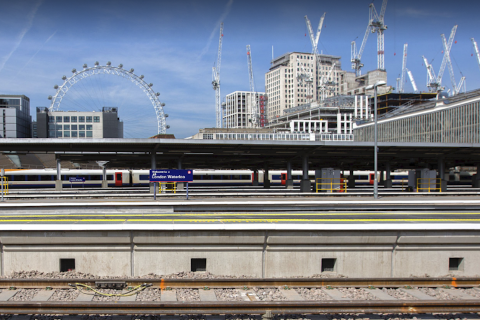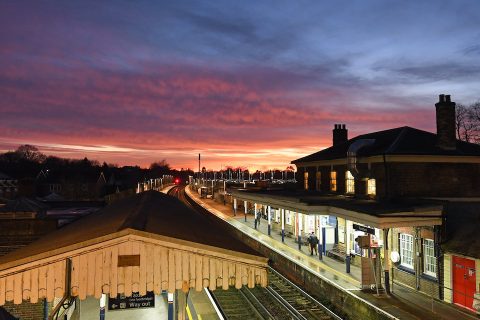Trafikverket publishes tender for night train connecting Sweden to mainland Europe

Swedish transport authority Trafikverket has recently published a tender for a night train connection between Sweden and the European mainland. Starting in 2022 the train will connect Malmö and Stockholm to Brussels and Hamburg. This is reported by several media.
Want to read more?
You have read all of your free premium articles for this month. Please become a subscriber to keep reading.
Subscribe now!
Take advantage of our exclusive offer to get full access to all premium content.




